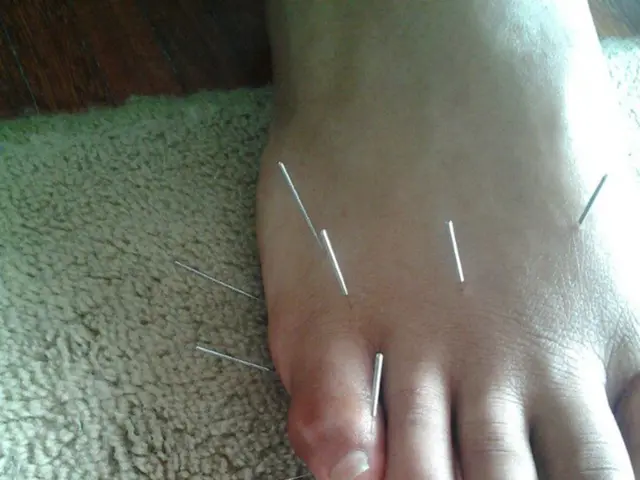Methotrexate Weakens COVID-19 Vaccine Response in Immune Patients
A new study, presented at ECCMID and published in The Lancet Rheumatology, has revealed that patients with immune-mediated inflammatory diseases taking methotrexate have a weakened antibody response to the first dose of the Pfizer COVID-19 vaccine. The study, involving 101 participants including 84 patients with psoriasis and 17 healthy volunteers, found that neutralising antibody levels were significantly lower in patients taking methotrexate compared to healthy controls. Seroconversion rates were also lower in patients on immunosuppressants, with the lowest rate of 47% in patients taking methotrexate. However, T-cell responses were detected in all groups at similar rates and levels, even in some participants without evidence of seroconversion. In contrast, both antibody and T-cell responses were preserved in patients taking biological drugs such as TNF inhibitors. Levels of neutralising antibodies to the B.1.1.7 (Alpha) variant were low in all participants, highlighting the need for continued preventative measures after the first vaccine dose. Data on the participants' response to the second dose of the vaccine are awaited. Around 3% to 7% of people in Europe and North America have immune-related inflammatory diseases, and treatments for these conditions can increase the risk of serious infections. The findings of this study suggest that patients taking methotrexate may not develop the same level of immunity from the first dose of the Pfizer vaccine as those not taking the drug. Further research is needed to understand the implications of these findings and to inform vaccination strategies for this patient group.
Read also:
- Experiencing Life's Variety Firsthand: Gaining Insights from Life's Broad Spectrum of Experiences
- Impact of Complex Post-Traumatic Stress Disorder on Romantic Relationships: Symptoms, Causes, and Precautions
- Strategies for Keeping Work Reasonable and Rewarding for those with Autism and ADHD
- Impaired Driving Awareness Campaign Announced by MADD Under the Name "End Herre"








